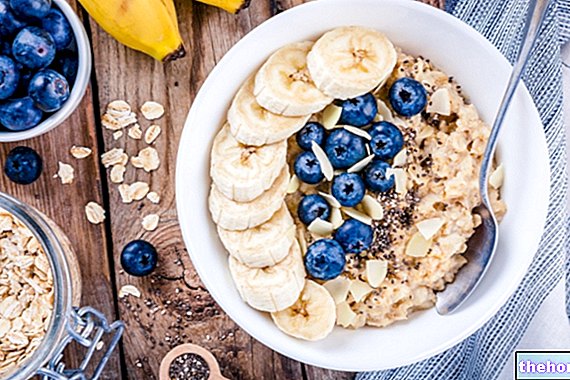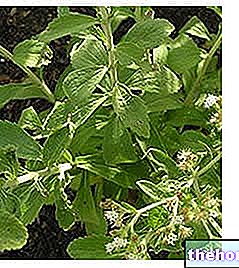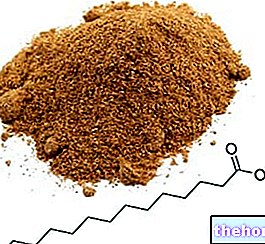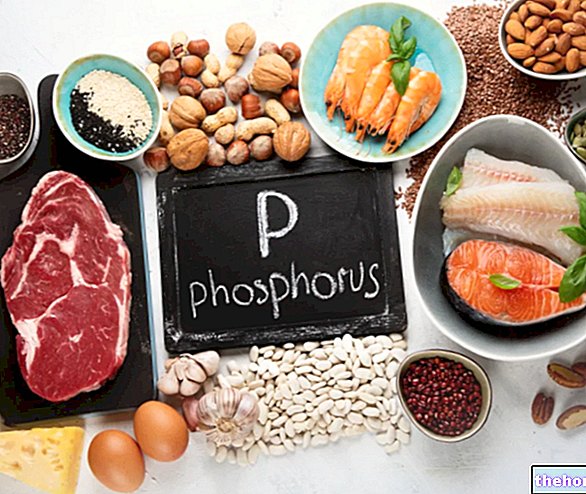Characteristics and content in food
Butyric acid is a saturated fatty acid, non-essential, with four carbon atoms; it is found mainly in the milk of ruminants (2-4%), and only in trace amounts in that of women; therefore butter and dairy products in general.
By virtue of its low molecular weight, butyric acid is volatile and gives off a characteristic odor, not exactly pleasant. Its formation following the bacterial degradation of cutaneous triglycerides, contained in the sebum and in the apocrine secretion, is partly responsible for the " body odor and bromhidrosis, or (excessive) "sweat" smell.
Butyric Acid and Intestinal Health
Something that stinks isn't necessarily bad; at the intestinal level, butyric acid presents a paradoxical effect. If on the one hand, together with glutamine, it represents a very important energy source for the cells of the intestinal mucosa, promoting their replication, on the other it inhibits the proliferation of cancerous cells, with possible protective effect against colon cancer.

Food supplementation strategies
The possible integration can be carried out through its salts, such as those of calcium or magnesium (calcium butyrate, magnesium butyrate). However, the direct dietary intake is not very important, since butyric acid is easily produced in the colon by fermentation microbial of indigestible carbohydrates. To increase the intake of this precious nutrient it is therefore sufficient to ingest the right amount of fiber daily (30 grams / day in adults). In this sense, resistant starch (which is form in stale bread or in pasta left to cool), while on the integrative front, to increase the synthesis of butyric acid, psyllium seeds, pectin, oat bran and fiber supplements in general are useful.

.jpg)


























